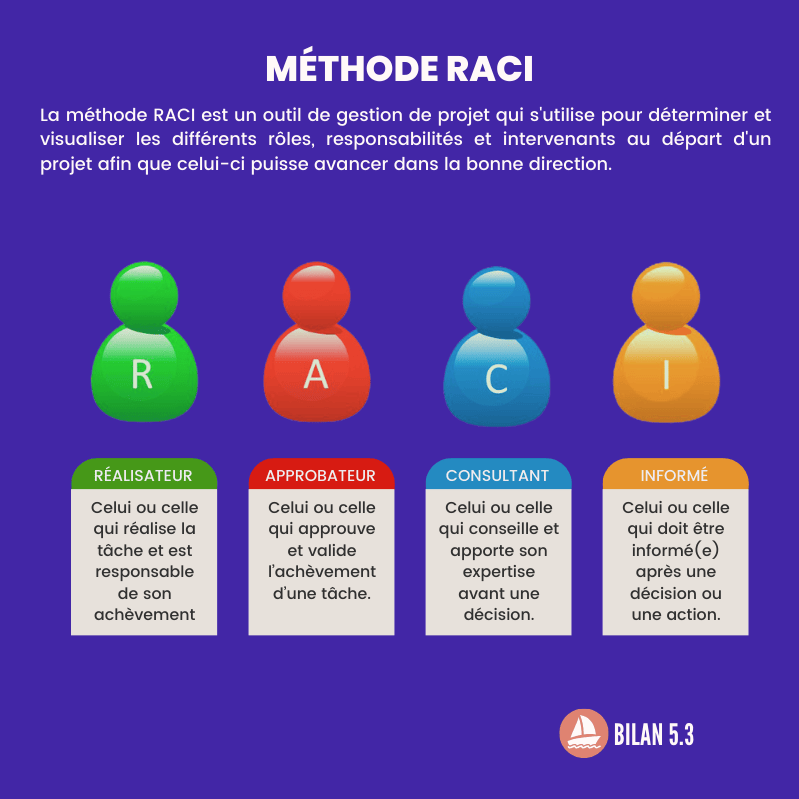Chronic cough, one of the most common reasons for medical consultation, appears to be a hereditary phenomenon.

- A Swedish study shows that the prevalence of chronic cough is highest in women aged 40 to 60, with approximately 21,000 patients seeking cough treatment over the three years.
- Other research shows that parents with chronic coughs are more likely to have children with chronic coughs.
- This link is independent of factors such as asthma, biological sex and smoking.
It is a natural defense reflex that must be respected. Coughing is the sudden and noisy expiration of air contained in the lungs caused by irritation of the respiratory tract. Indeed, receptors, located in the mucosa of the trachea and bronchi, react to the slightest irritation, and trigger contractions of the muscles involved in breathing (diaphragm, intercostal muscles, etc.), depending on health insuranceThe resulting cough then frees the airways (bronchi, trachea and larynx) of mucus and sources of aggression.
“More than 10% of the population suffers from chronic cough, which has been shown to cause several negative consequences: reduced quality of life, decreased ability to work and voice problems. At present, we do not have enough knowledge about the causes of cough and how best to treat it,” said Össur Ingi EmilssonPhD in lung, allergy and sleep research at the Department of Medical Sciences at Uppsala University (Sweden).
Chronic cough: women aged 40 to 60 are more affected
In a study published in the journal Plos Onethe researcher and his team wanted to present the clinical characteristics, treatments and comorbidities of chronic cough in a national cohort. For the purposes of the work, they used data from the National Health Care Register. Adults with at least one diagnosis of cough and/or people with less than or two prescriptions issued for antitussive drugs were included. Adults taking medications likely to cause cough or suggest an acute infection, or diagnosed with pathologies where cough is a cardinal symptom, were excluded.
According to the results, among the 62,963 patients identified, 1–2% of the entire Swedish population consulted for chronic cough between 2016 and 2018, usually in primary care. The majority of them (63%) had presented with signs of unexplained chronic cough in the ten years before their participation in the work. The prevalence is highest among women aged 40–60 years, with approximately 21,000 women having sought treatment for cough during these three years.
“Women generally seem to have a slightly more sensitive cough reflex, so the threshold for abnormal coughing is lower in women than in men. I found it unexpected that only one to two percent of patients present with a bothersome cough, when more than ten percent of them are affected. This may be partly explained by the lack of effective treatments. There also appear to be differences in care between different regions of the country,” explained Össur Ingi Emilsson.
Children whose parents have a chronic cough have a 50% risk of developing it
In another study, published in the journal ERJ Open Researchthe same Swedish researchers wanted to determine whether people with coughs are more likely to have children with coughs and whether these associations differ by cough type. To do this, they recruited 7,155 parents and their 8,176 adult children aged 20 and over. The latter had to answer a questionnaire about their cough, which was categorized as wet or dry. The scientists took into account their age, sex, body mass index, smoking history, education level, current asthma, rhinitis, nocturnal gastroesophageal reflux.
The results revealed that if one parent had suffered from a chronic dry cough, their offspring were 50% more likely to suffer from a chronic dry cough. This link was independent of factors, such as asthma, biological sex and smoking. “This suggests that cough is a distinct inherited trait. The type of cough is important, because dry cough in parents is only associated with dry cough in offspring, and the same is true for wet cough,” the authors specified.
Now, the team is conducting research on genetic variants in collaboration with the Icelandic company deCODE genetics, which analyzes the human genome. Their goal? To identify genetic variants linked to chronic cough. “This could lead to a better understanding of how chronic cough develops, which could lead to better treatments for this difficult-to-treat disease,” concluded Össur Ingi Emilsson.

















